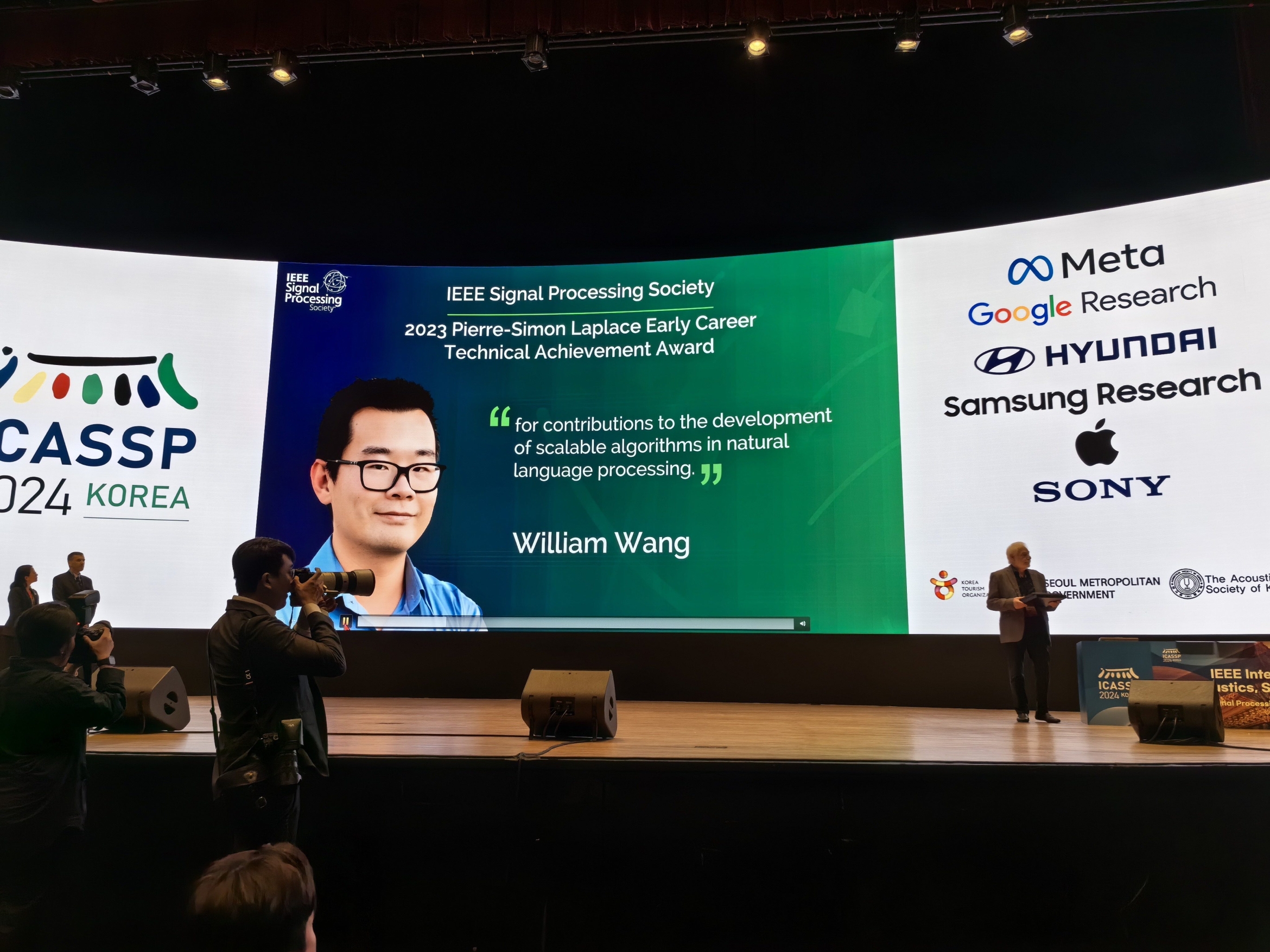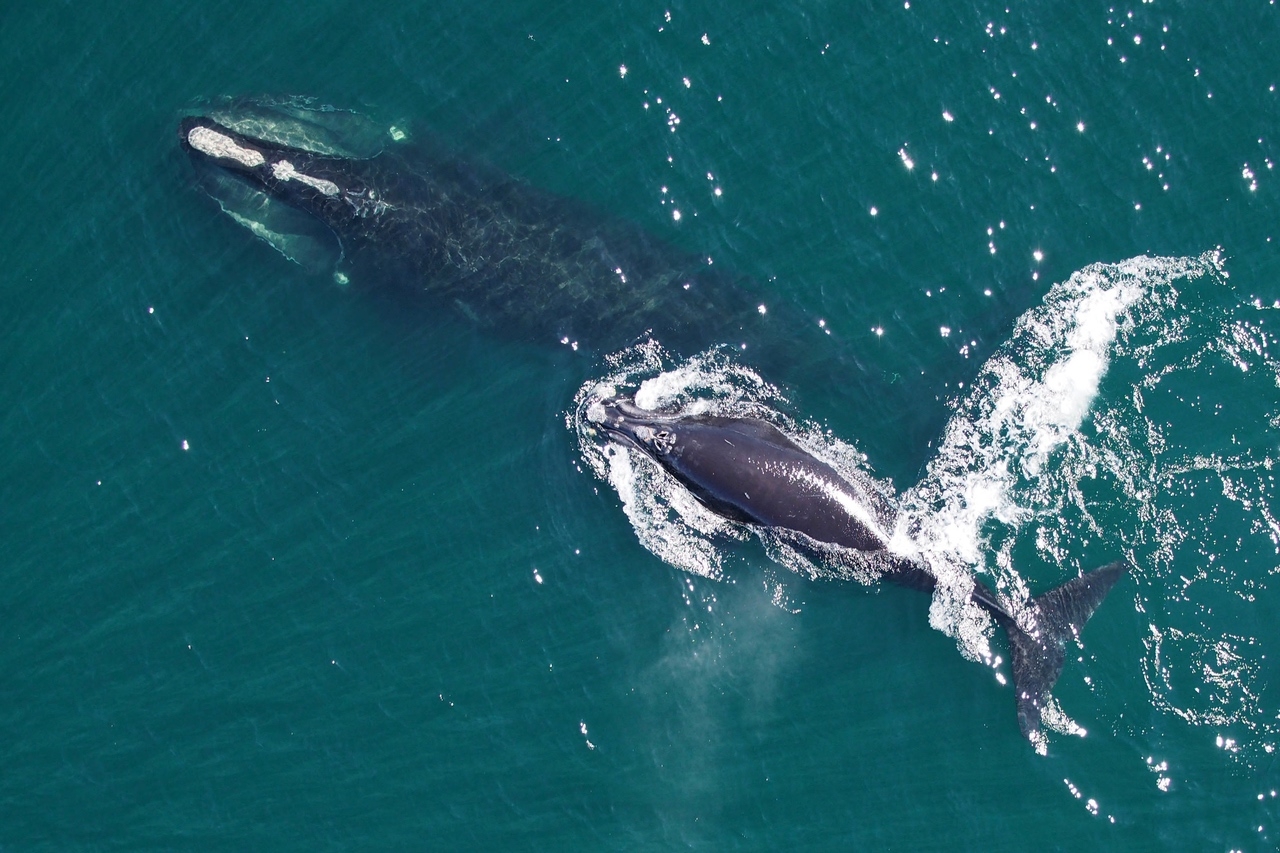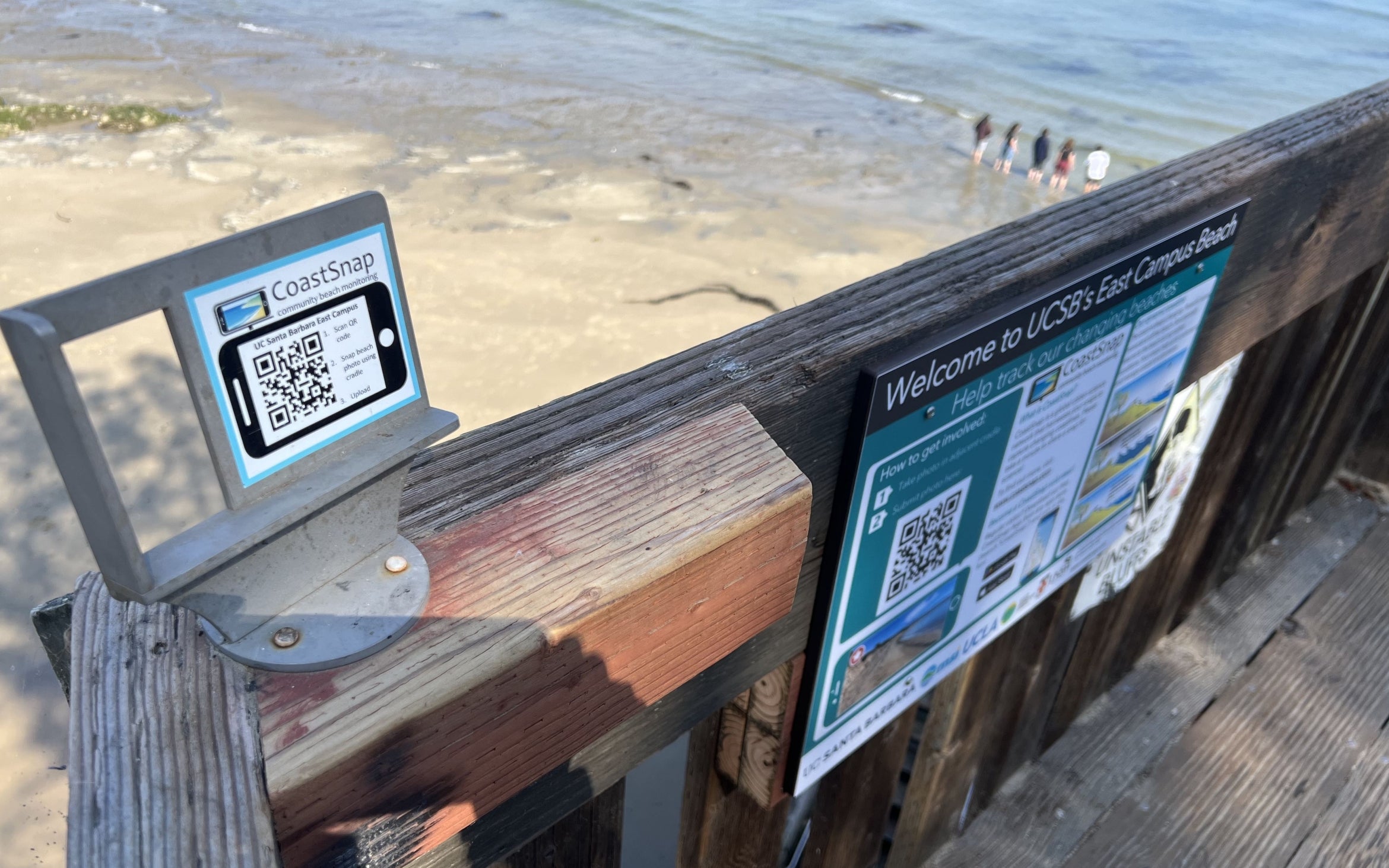Conference to Focus on Climate Justice Project
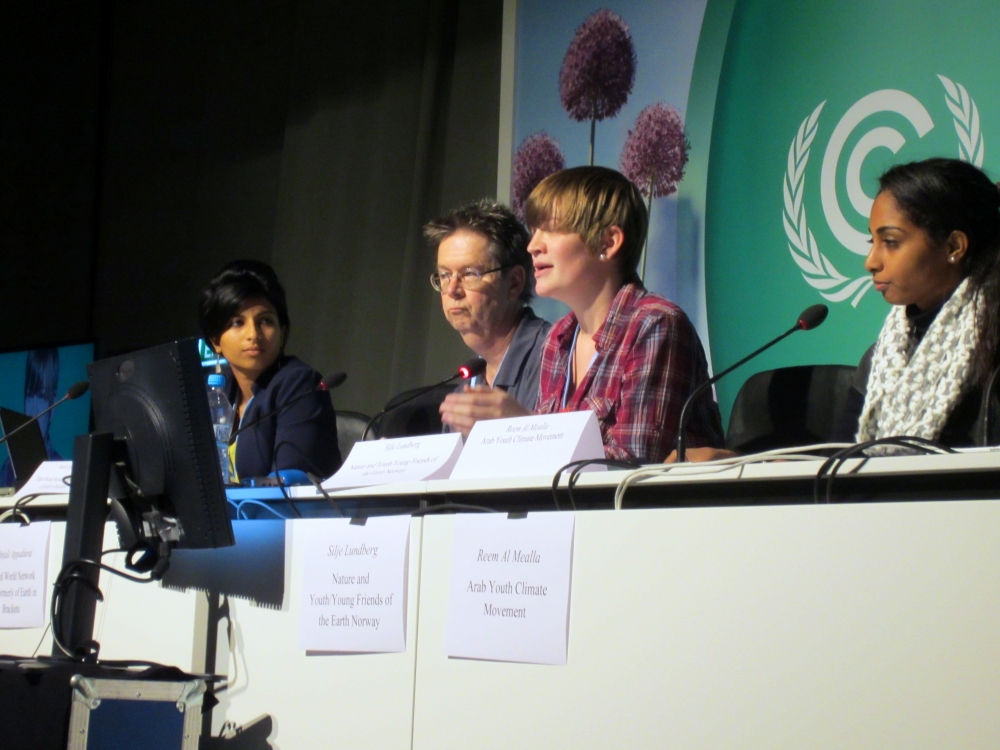
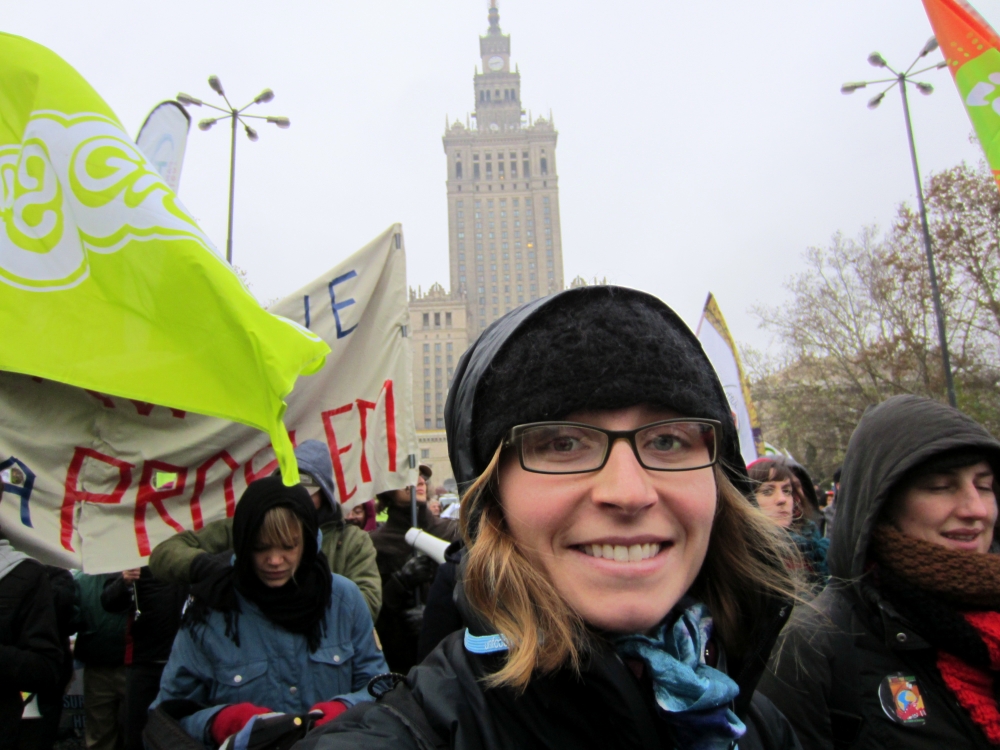
While myriad scholarly papers exist that document climate change, the issue is not solely scientific. Increasingly, climate change is viewed as a political and ethical issue related to social and environmental justice. The term “climate justice” has been used for more than a decade to describe global and local movements for a more democratically inclusive world.
In 2013, UC Santa Barbara’s International Institute of Climate Action and Theory (IICAT), a research network focused on the crises caused by climate change, created the Climate Justice Project. Guided by a group of eight scholars and activists, the project grew out of IICAT’s commitment to spend a year supporting and documenting global grassroots efforts promoting climate justice.
The Climate Justice Project culminates in a daylong conference set for Saturday, May 10. It is free and open to the public. The conference begins at 9 a.m. in the Corwin Pavilion and features workshops, a film festival, artwork and a creative space. Themed breakout sessions will focus on visions, solutions and actions.
Among the breakout sessions is “Re-imagining Global Climate Justice: The Ongoing Struggle for a Just Climate Treaty,” which will bring together John Foran, professor of sociology; Richard Widick, IICAT co-founder, an alumnus (Ph.D., 2004) and visiting scholar at the campus’s Orfalea Center for Global and International Studies; and Hilal Elver and Richard Falk, fellows at the Orfalea Center. They will share varied perspectives on how to move the United Nations climate summit process toward a just global climate treaty.
According to Foran, a just climate treaty would be “FAB”: fair in allocating the deepest emissions cuts according to a nation’s current and historic carbon footprint and the degree to which it has the economic and technological means to pay for these reductions; accurate in terms of following the implications of the most up-to-date climate science; and binding on all countries in an enforceable legal treaty.
Another breakout session, “UCSB Climate Leadership: Past, Present and Future,” will feature Sustainability specialists Mo Lovegreen, Katie Maynard and Jewel Snavely. They will talk about UC Santa Barbara’s efforts to address climate change and how the university community can work together to make the campus carbon neutral by 2025.
Environmental studies professor David Cleveland is part of a 10-person panel on “Climate Justice, Food Justice, Diet Change: Making the Connection, Taking Action,” a discussion of the links between global climate and food crises. The group will also explore local solutions with community advocates and activists, focusing on the potential for individual diet change and social policy to support it.
Other sessions will be organized by “climate artist” Carter Brooks, who will create an ice sculpture meant to send a message about climate change; the Climate Justice Project’s Ben Liddie, who designed the conference’s rose fist logo; Leila Lopez-Salazar of the Rainforest Action Network (RAN); prominent Green Party activist Ben Manski; Scott Parkin of RAN and Rising Tide North America; Emily Williams of Fossil Free UC and the Climate Justice Project; Zach Rosenblatt, founder of the UCSB chapter of System Change Not Climate Change; UCSB lecturer Celia Alario, the Climate Justice Project’s communications strategist; Chellsee Lee, founder of UC for Clean Energy; and Kaitlyn Butler, program coordinator of the Women’s Congress for Future Generations. The closing ceremony, structured as a rotating small group discussion on how participants can move forward toward achieving climate justice, will be led by Sharon and John Broberg, who are members of 350 Santa Barbara, a local grassroots organization whose primary concern is global warming.
“Climate change is threatening our very existence,” said Foran, who has organized the conference as the capstone piece of his role as Sustainability Champion. “The good news is that people all over the world are linking hands — both in real and virtual spaces — to stand up to the economically and politically powerful 1 percent causing the degradation of life.”
As part of the yearlong Climate Justice Project, seven members attended the COP (Conference of the Parties) 19 in Warsaw last November to participate in the U.N. climate negotiations. The team is also making an e-book and producing a documentary film to help advance the climate justice movement as it tries to shape the global climate treaty being negotiated for 2015.
The forthcoming e-book, “At the COP: Talking and Making Global Climate Justice,” will be available in November. Currently in production, the film, “Not Yet the End of the World,” focuses on the actions and visions of the young activists of the global climate justice movement. It is designed for use by schools and movement organizations as well as in community settings.
